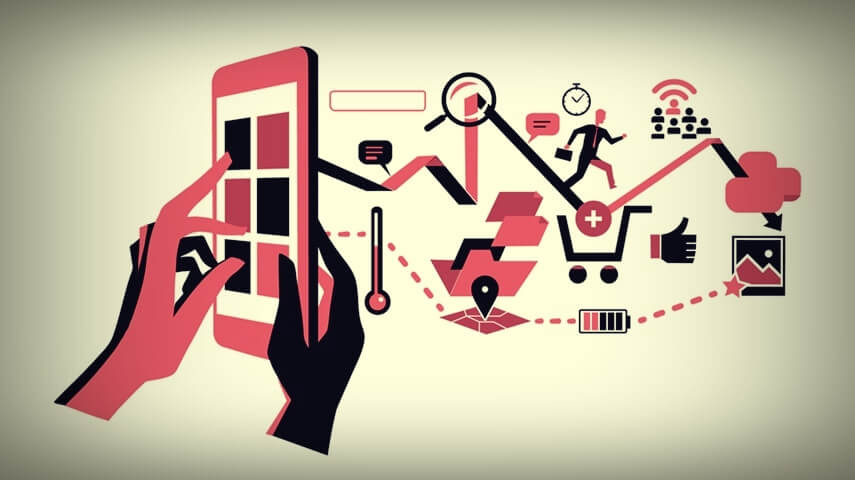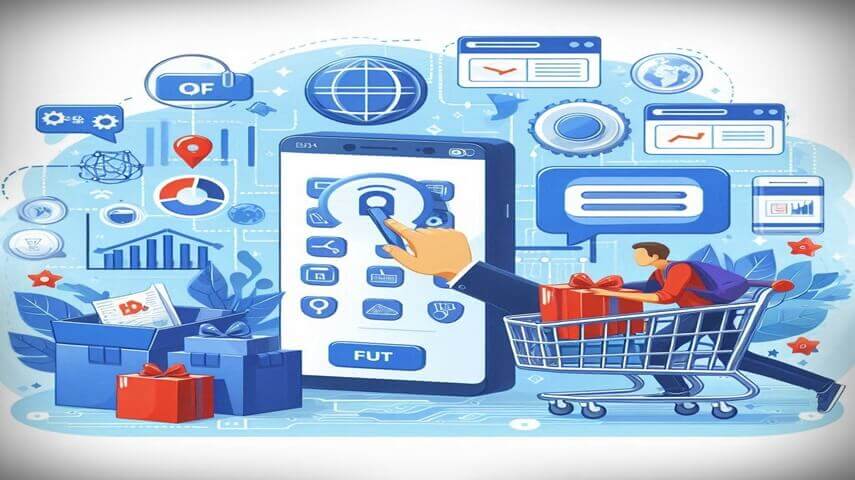Personalization in Email Marketing
In today’s digital age, email marketing has become an integral part of business strategies for companies across various industries. With millions of emails flooding inboxes daily, it’s crucial for marketers to find ways to stand out and engage their target audience. One highly effective method is personalization. By tailoring emails to individual recipients, businesses can create a more meaningful and engaging experience that drives higher open rates, click-through rates, and conversions. In this article, we will explore the importance of personalization in email marketing and how it can significantly impact the success of your campaigns.
1. Building Stronger Customer Relationships
Personalization allows businesses to establish a deeper connection with their customers. By addressing recipients by their names and customizing email content based on their preferences, behaviors, or past interactions, marketers can create a sense of familiarity and relevance. This personalized approach makes customers feel valued and understood, leading to stronger relationships and increased customer loyalty.
2. Increasing Open and Click-Through Rates
Generic, one-size-fits-all emails often end up in the spam folder or get ignored by recipients. Personalization, on the other hand, grabs attention and entices recipients to open and engage with emails. According to studies, personalized subject lines can increase open rates by up to 50%. By tailoring email content to match recipients’ interests and needs, marketers can also boost click-through rates, driving traffic to their websites or landing pages.
3. Enhancing Customer Engagement
Personalization encourages active engagement from recipients. When emails are customized based on customers’ past purchases, browsing behavior, or demographic data, they are more likely to find the content relevant and useful. This relevance leads to higher engagement levels, such as clicking on links, downloading resources, or participating in surveys or promotions. Increased engagement not only drives conversions but also provides valuable data for future marketing efforts.
4. Driving Conversions and Revenue
The ultimate goal of email marketing is to drive conversions and generate revenue. Personalization plays a vital role in achieving this objective. By tailoring emails to individual recipients, businesses can deliver targeted offers, product recommendations, or exclusive discounts that align with customers’ preferences and needs. This targeted approach significantly increases the likelihood of conversions, as customers feel that the email content speaks directly to them and addresses their specific pain points.
5. Reducing Unsubscribes and Spam Complaints
Receiving irrelevant or impersonal emails can be frustrating for recipients, leading to unsubscribes or spam complaints. Personalization helps mitigate this issue by ensuring that recipients receive content that is meaningful and valuable to them. By delivering targeted and personalized messages, businesses can reduce unsubscribes and spam complaints, preserving their email lists’ quality and maintaining a positive brand reputation.
6. Improving Email Deliverability
Email service providers (ESPs) consider recipient engagement as a crucial factor in determining email deliverability. When recipients consistently open, engage, and interact with emails, ESPs perceive those messages as valuable and relevant, increasing the chances of future emails landing in the primary inbox rather than the spam folder. Personalization enhances recipient engagement, positively impacting email deliverability rates and ensuring that your messages reach the intended audience.
7. Gaining Valuable Customer Insights
Personalization allows businesses to gather valuable customer data and insights. By tracking recipient behaviors, preferences, and interactions with personalized emails, marketers can gain a deeper understanding of their audience. This information can be used to refine targeting strategies, develop more effective email campaigns, and improve overall marketing efforts across various channels.
In conclusion, personalization is an essential aspect of successful email marketing campaigns. By tailoring emails to individual recipients, businesses can build stronger customer relationships, increase open and click-through rates, enhance customer engagement, drive conversions and revenue, reduce unsubscribes and spam complaints, improve email deliverability, and gain valuable customer insights. In a crowded digital landscape, personalization sets your emails apart, capturing the attention and interest of recipients.




